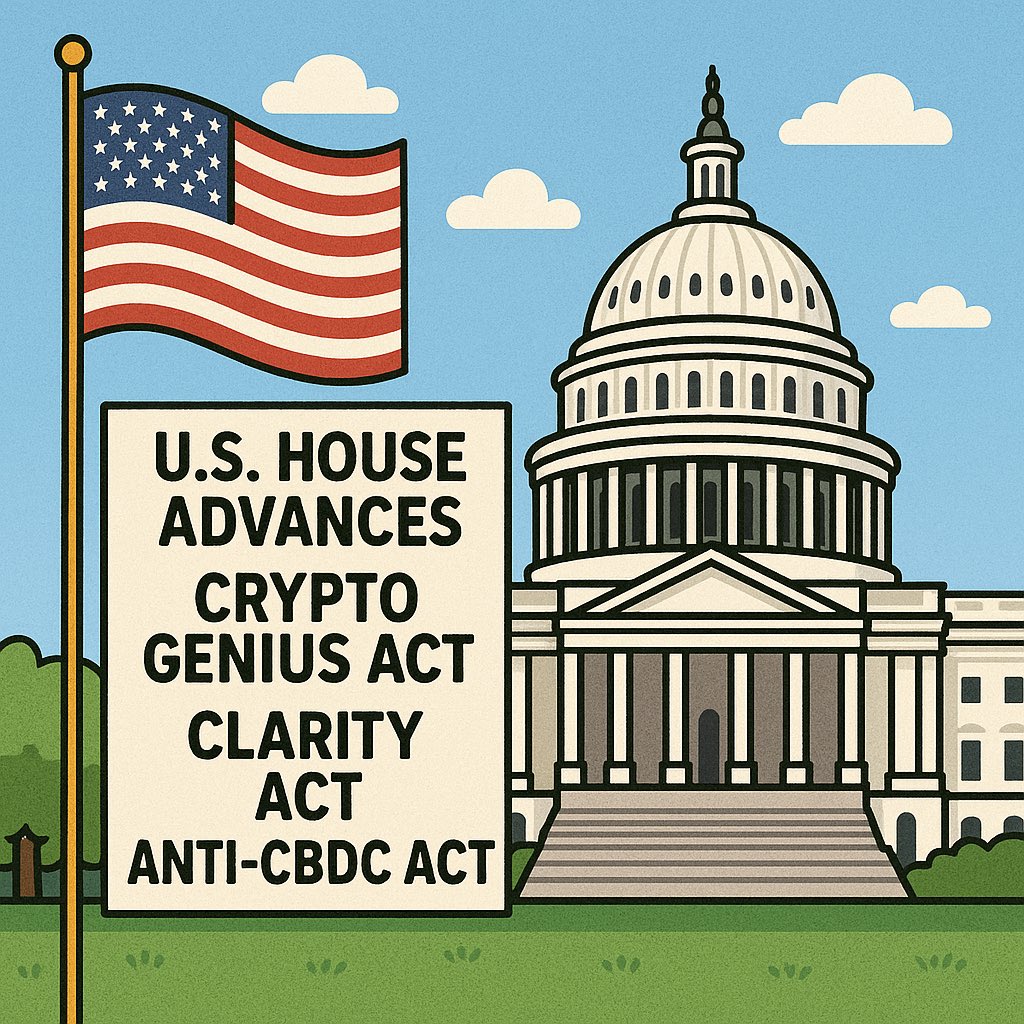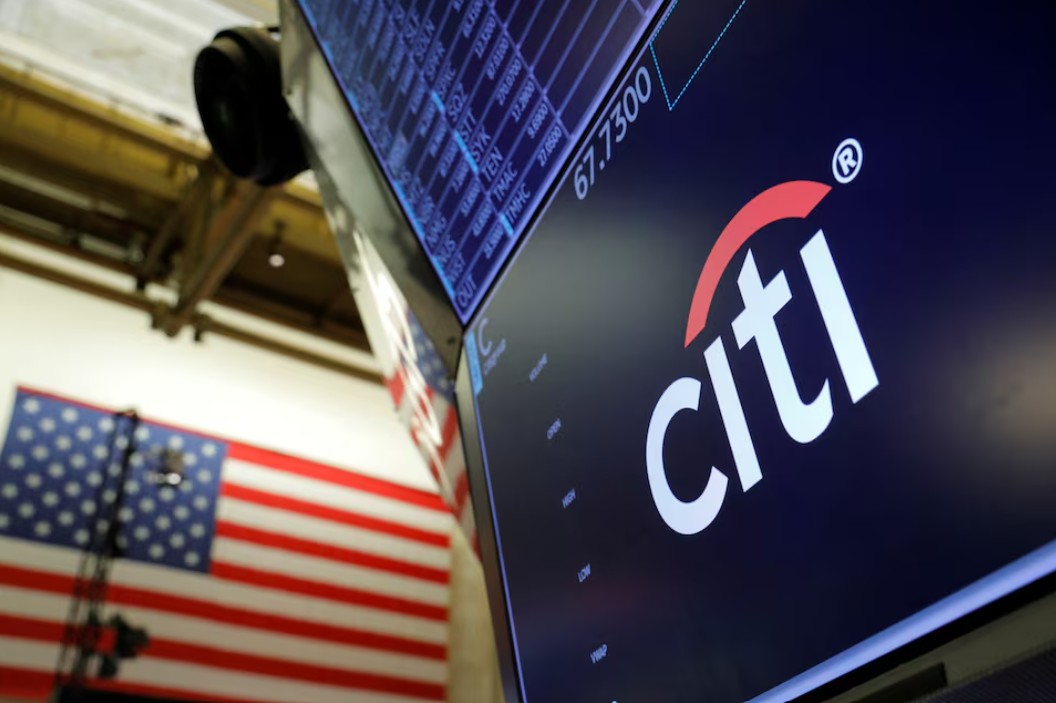By CentBit.Online – Crypto & Blockchain Expert, Bangladesh
In a significant legislative step for the future of digital assets, the United States House of Representatives has advanced three major bills: the Crypto Genius Act, the Clarity for Digital Assets Act, and the Anti‑CBDC Act. These bills represent a critical turning point in shaping how the U.S. approaches cryptocurrency regulation and innovation.
What Are These Bills?
1. Crypto Genius Act
This bill aims to promote innovation in the crypto industry by providing legal protection for developers, startups, and entrepreneurs building decentralized systems. It proposes tax incentives, R&D credits, and the creation of a federal crypto sandbox for experimentation.
2. Clarity for Digital Assets Act
This act seeks to bring regulatory clarity to cryptocurrencies by:
-
Clearly defining what constitutes a security vs. a commodity
-
Establishing guidelines for token issuance
-
Streamlining oversight between the SEC and CFTC
The crypto industry has long called for clear rules to avoid the “regulation-by-enforcement” approach that has hampered innovation.
3. Anti‑CBDC Act
In a move that will likely spark international debate, the U.S. House has also advanced a bill opposing the development of a central bank digital currency (CBDC). Lawmakers sponsoring this act argue that a government-backed digital dollar could:
-
Infringe on privacy rights
-
Be used for surveillance
-
Compete unfairly with decentralized currencies like Bitcoin
Political Breakdown
While the bills passed through the House, they revealed sharp political divisions:
-
Republicans overwhelmingly supported the measures, emphasizing innovation and individual financial freedom.
-
Many Democrats opposed the Anti‑CBDC Act, citing the potential benefits of a digital dollar for financial inclusion and faster payments.
Global & Bangladeshi Perspective
As the U.S. edges closer to clear crypto legislation, emerging markets like Bangladesh must take note. Clear policy in the U.S. often influences global standards, especially for:
-
Cross-border crypto exchanges
-
Stablecoin regulation
-
Blockchain remittances
“This is a pivotal moment. U.S. leadership in crypto policy could set the tone for Asia, and Bangladesh should prepare its own regulatory roadmap,” said [Insert Local Analyst], contributor at CentBit.Online.
Final Thoughts
The advancement of these three bills signals a pro-innovation shift in U.S. crypto policy, especially as the 2024–2025 bull cycle accelerates. With over 50 million Americans now owning digital assets, the pressure is on lawmakers to build a transparent, secure, and competitive crypto framework.
Stay updated with CentBit.Online for real-time coverage on global crypto legislation and its impact on Bangladesh.





